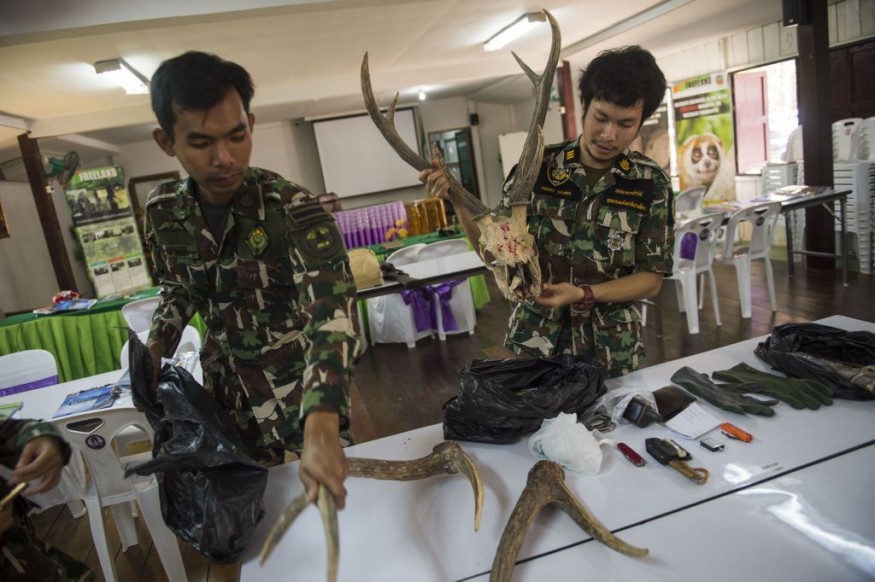
Officials have confirmed that illegal trafficking in Thailand has become so lucrative, reaching US$20 billion worth.
Illegal Trafficking at US$20 Billion
Pol Col Wanpichit Wattanasakmonta, an anti-wildlife trafficking officer, stresses the essential need for a harmonious balance between humanity and nature. He emphasizes that safeguarding wildlife is just one facet; they aim to inspire global commitment to preserving natural resources and the environment, fostering a sustainable world. Wattanasakmonta envisions coexisting with nature.
Nevertheless, his daily duties as the superintendent of Sub-division 6 within the Natural Resources and Environmental Crime Suppression Division revolve around apprehending wrongdoers in a $20 billion illegal industry, ranking as the fourth most profitable global crime, following drugs, humans, and arms.
Thailand, The Trading Hub That Went Astray
Thailand, housing 10% of the world's animal species, was once a major hub for wildlife trade as a source, destination, and transit point. Thankfully, the country has moved away from the era of farms housing tigers, bears, and crocodiles, and openly selling endangered species like tiger and leopard skins in places like Chatuchak market.
In 2019, the Wildlife Conservation and Protection Act was enacted to protect non-native species and increase traffickers' potential jail terms to 20 years. Notably, the Supreme Court sentenced Vietnamese trafficker kingpin Boonchai Bach to five years in prison in 2022. Additionally, on September 19, Malaysian Teo Boon Ching was given an 18-month prison sentence in the US for conspiring to traffic rhinoceros horns worth millions, after his extradition from Thailand.
Widespread Wildlife Trafficking
Despite efforts to combat wildlife trafficking, the issue persists in Thailand. An alarming incident occurred on October 4 when a rat and an otter escaped from a carry-on bag on a flight from Suvarnabhumi to Taipei. This bag also contained 20 Burmese star tortoises, a snake, a prairie dog, and two black giant squirrels, revealing the extent of smuggling.
This cruel trade is a grave concern for those passionate about animal welfare, species preservation, and the potential for zoonotic diseases, such as the one believed to have caused COVID-19.
In recent years, authorities have confiscated protected and "reserved" animals from smugglers, including exotic birds, leopard cubs, macaques, and pangolins. Pangolins, sought after for their meat and scales in traditional Chinese medicine, were once abundant in Thailand but are now predominantly captured in Indonesia and transported live by ship to Myanmar, often crossing the Thai border. From there, they are rapidly transported to China via Laos.
Also Read : Dead Snakes, Dried Seahorses, Other 'Traditional Food' Smuggled From Vietnam Seized by US Customs
Macaque Monkeys for Laboratories in China
Macaque monkey smuggling is widespread, primarily originating from northern Thailand, destined for Chinese laboratories. Authorities avoid naming specific countries to prevent offense. Monkeys are channeled through neighboring nations before reaching a third country for experiments.
While some progress has been made against criminal gangs in the trade, it won't cease until demand decreases. Wattanasakmonta emphasized the lack of awareness about wildlife trafficking in certain countries, unlike Thailand, where some still view hunting as a way of life. The battle against trafficking hinges on reducing product demand and raising awareness about its risks, consequences, and penalties.
Related Article : 4000 Pangolins Died for Scales Worth $1.4M Seized in Thailand, Supposed to be Sold in China
© 2025 NatureWorldNews.com All rights reserved. Do not reproduce without permission.





